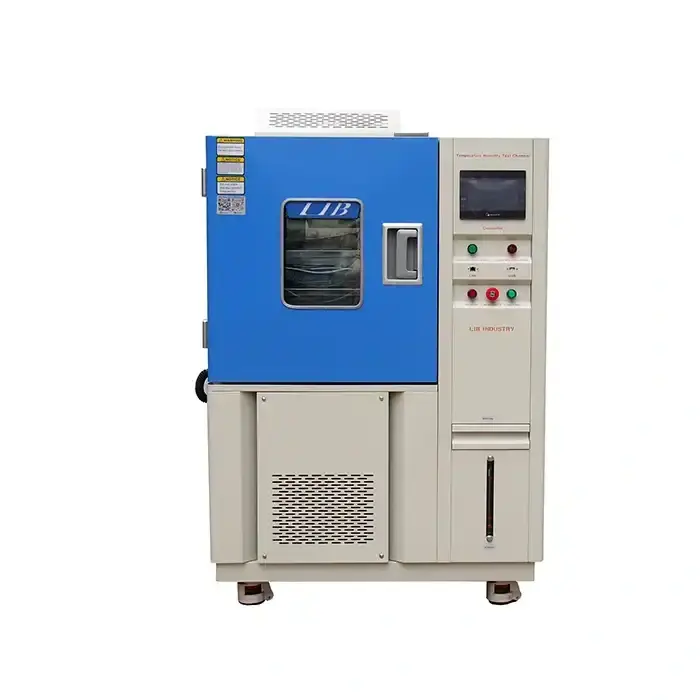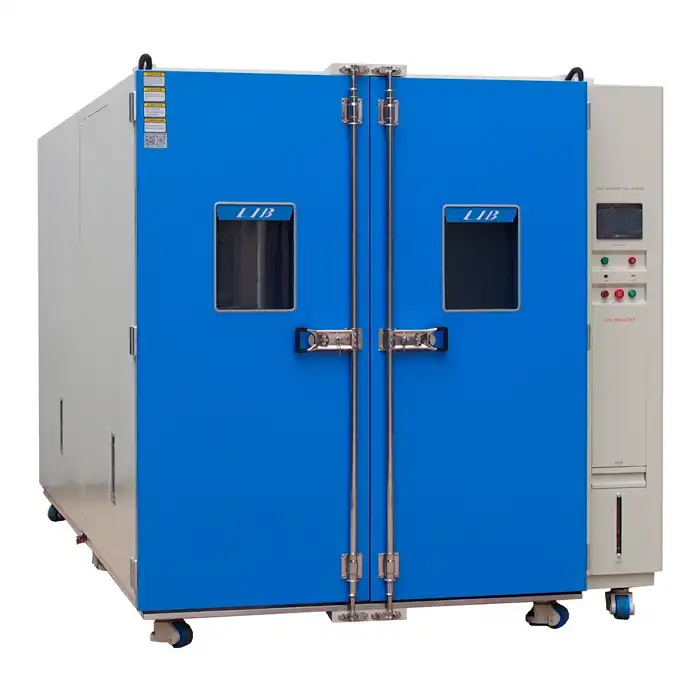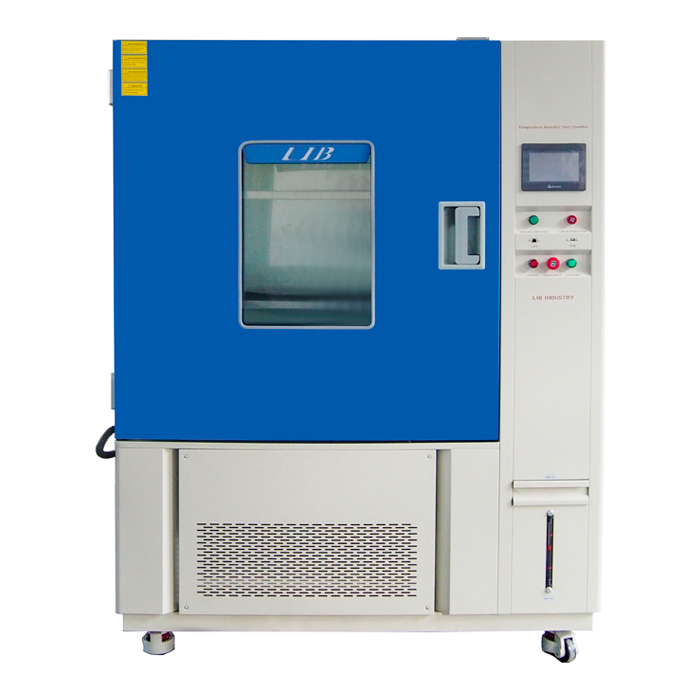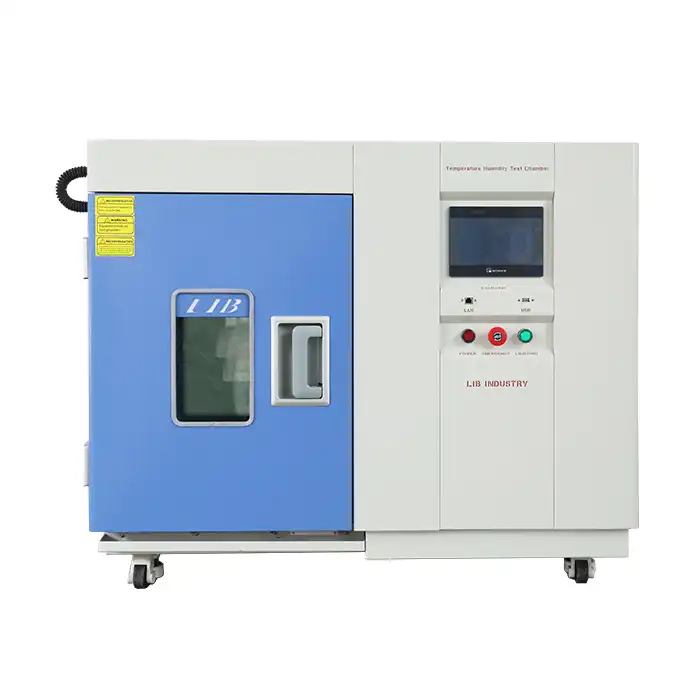How Solar Panel Environmental Chambers Work?
As solar panels become increasingly essential in the renewable energy landscape, testing their durability and performance under various environmental conditions is crucial. Solar panel environmental chambers are specifically designed to simulate the harsh conditions that solar panels might face in real-world environments, ensuring that they perform efficiently and have a long lifespan.

The Basics of Environmental Chambers: An Overview
An environmental chamber is a controlled testing environment that simulates different climatic conditions, such as temperature, humidity, and light. These chambers are used in a variety of industries, including solar energy, to test products' resilience and performance under extreme or fluctuating conditions. For solar panel manufacturers, environmental chambers are vital tools that provide insights into how panels will behave in real-world scenarios. The controlled conditions ensure that the panels meet the quality and durability standards before they are released to the market, helping manufacturers avoid costly failures and ensuring customer satisfaction.
Temperature Control: Ensuring Accurate and Precise Testing Conditions
Temperature fluctuations can significantly impact the performance of solar panels. In a solar panel environmental chamber, temperature control is essential for simulating both scorching heat and freezing cold. These chambers can replicate a wide range of temperature conditions, from sub-zero to extreme heat, to test how solar panels withstand these variations.
For example, in desert environments, solar panels can reach temperatures as high as 85 °C, which can reduce their efficiency. On the other hand, freezing temperatures can cause materials in the panels to contract, potentially leading to microcracks. A well-designed environmental chamber allows manufacturers to observe how solar panels perform under these temperature extremes, ensuring their durability and efficiency over time. Modern temperature control systems within these chambers can maintain accuracy within ±0.5°C, providing precise data for manufacturers to adjust their designs if necessary.
Humidity Regulation: The Key to Simulating Diverse Environmental Scenarios
Humidity plays a pivotal role in testing solar panels, as it can lead to corrosion or degradation of the electrical components within the panels. In humid or tropical environments, high moisture levels can cause condensation, which may result in performance decline over time.
A solar panel environmental chamber can mimic various humidity levels, from dry desert conditions to tropical humidity above 90%. This capability allows manufacturers to stress-test their panels in environments where moisture is a concern. By simulating these conditions, manufacturers can observe how materials react to prolonged exposure to high humidity and ensure that the panels are resistant to corrosion. For example, humidity levels of 85% at 85 °C are often used in testing to simulate extreme tropical conditions. This helps manufacturers create robust products that can endure such climates without compromising performance.
Light Simulation: Mimicking Natural and Artificial Light Sources
One of the most critical aspects of solar panel testing is the exposure to light - both natural sunlight and artificial light sources. The goal is to ensure that solar panels can efficiently convert light into electricity under various conditions. Solar panel environmental chambers come equipped with sophisticated light simulation systems that replicate the intensity and spectrum of sunlight and other artificial sources.
For instance, in some regions, panels need to withstand both direct sunlight and diffuse light caused by cloudy conditions. The chamber's light simulation features can imitate both direct and indirect lighting scenarios, testing how panels perform in each. In addition to testing efficiency, light simulation helps manufacturers assess how exposure to long-term UV radiation affects the materials used in their solar panels. The results of these tests help manufacturers optimize their products for diverse geographical regions, ensuring that they perform consistently, whether in sunny California or cloudy Germany.
Advanced Sensor Technology: Monitoring and Recording Environmental Data
Accurate data collection is essential for understanding how solar panels react to different environmental factors. Solar panel environmental chambers are equipped with advanced sensor technology that monitors and records various parameters such as temperature, humidity, light intensity, and pressure. These sensors are critical for providing real-time data on how solar panels respond to the changing conditions inside the chamber.
For example, sensors can detect minute changes in temperature or humidity, allowing engineers to make precise adjustments during the testing process. The data collected can then be used to refine the design of the solar panels, ensuring they can withstand harsh environments and perform optimally. Moreover, this data is essential for ensuring compliance with international testing standards, such as IEC 61215, which governs the design and performance of photovoltaic panels. With such advanced sensor technology, manufacturers can ensure that their products are not only reliable but also market-ready.
If you're looking for a reliable partner in environmental testing, LIB Industry offers state-of-the-art solar panel environmental chambers designed to meet your specific requirements. To learn more about our products and services, contact us at ellen@lib-industry.com.
References
1. IEC 61215 - International Standard for Photovoltaic (PV) Module Performance Testing.
2. Study on the Effects of Temperature Fluctuations on Solar Panel Efficiency.
3. Research on Humidity Impact on Solar Panel Corrosion.
4. Advances in Light Simulation Technology for Solar Panel Testing.
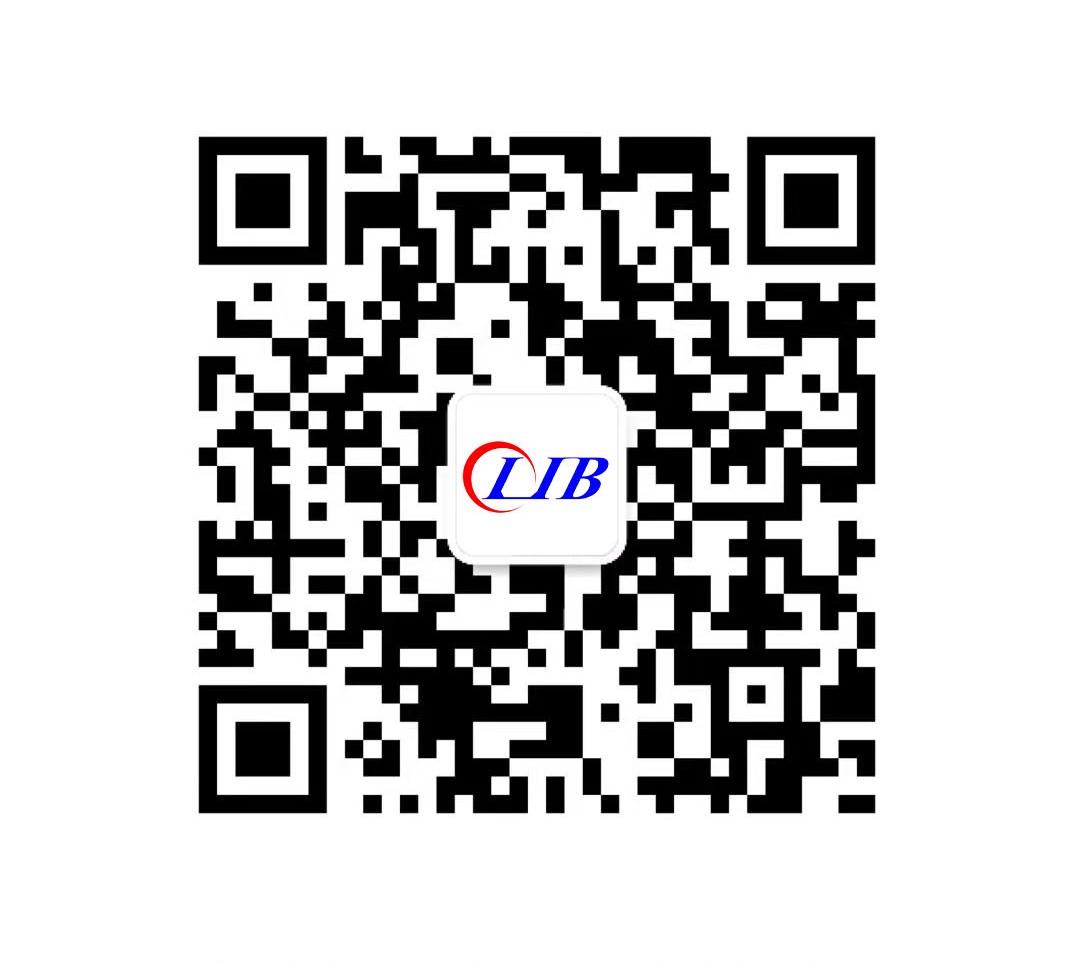


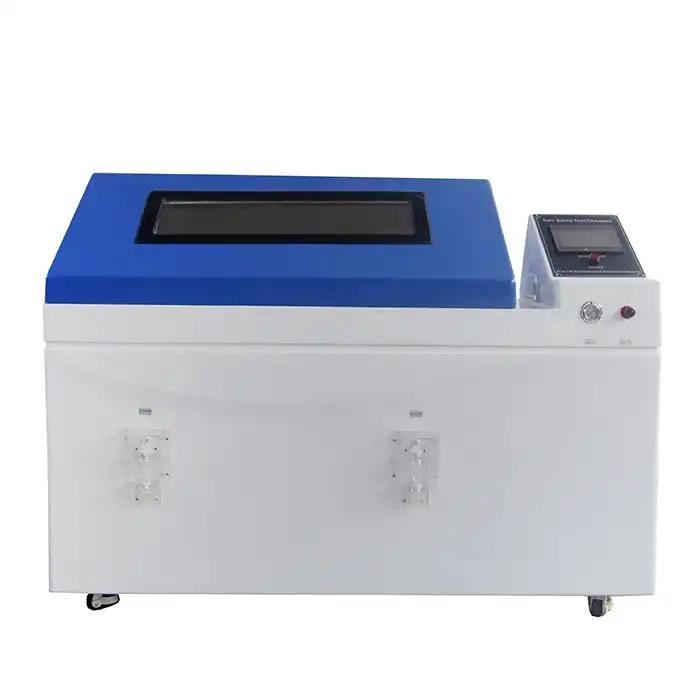
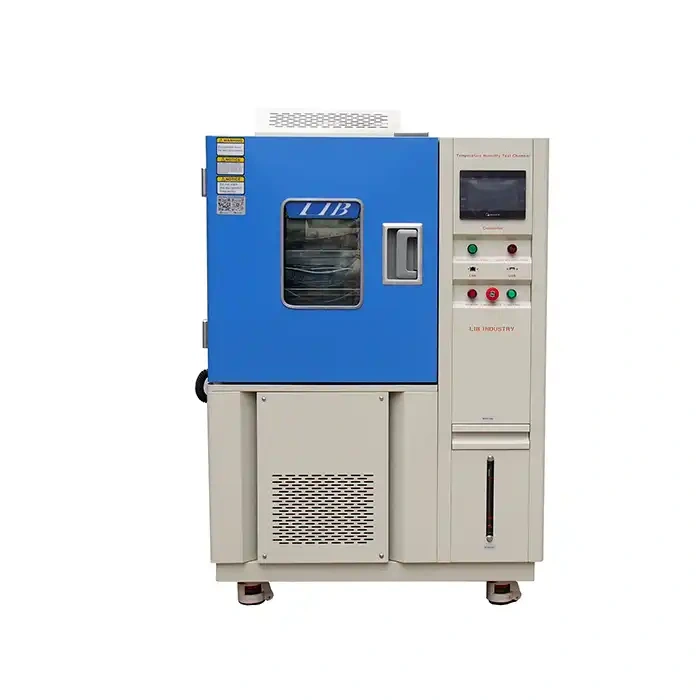
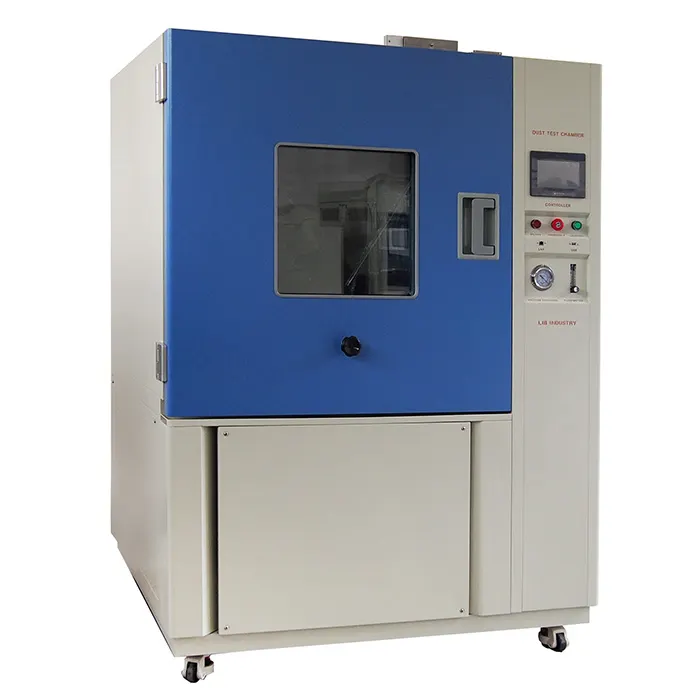
.webp)
